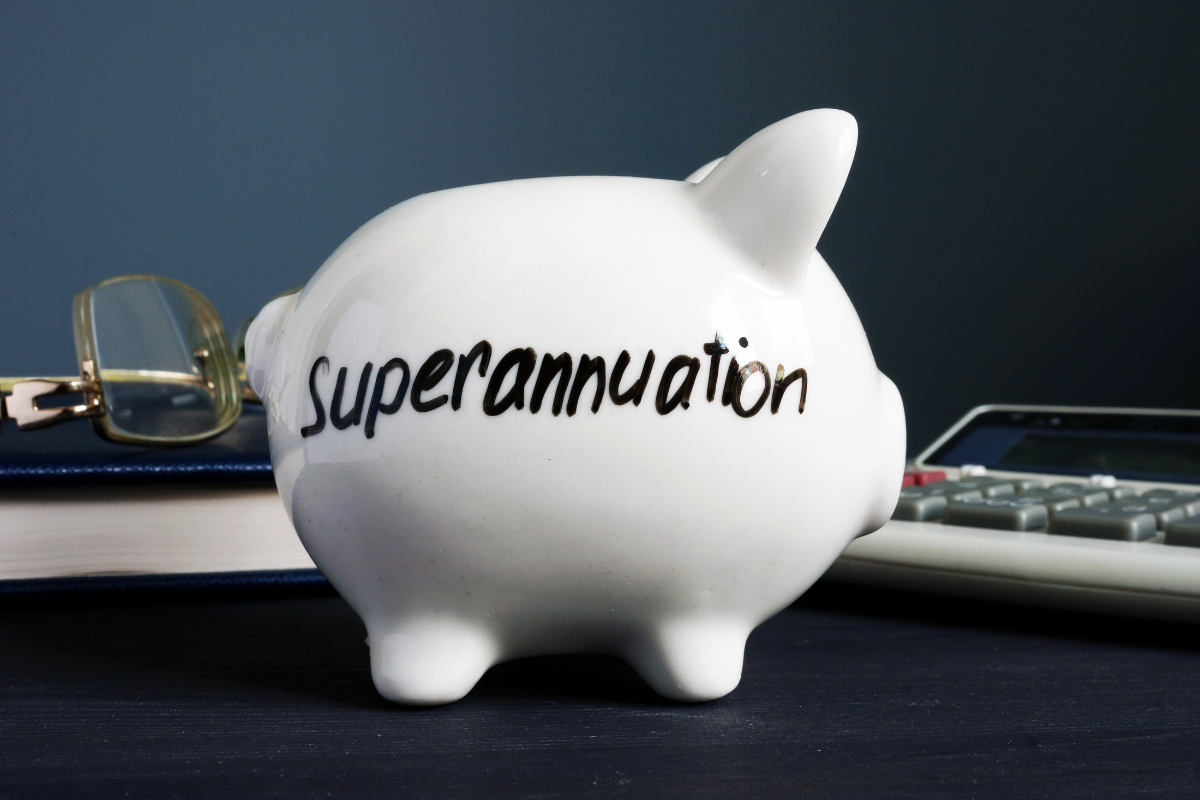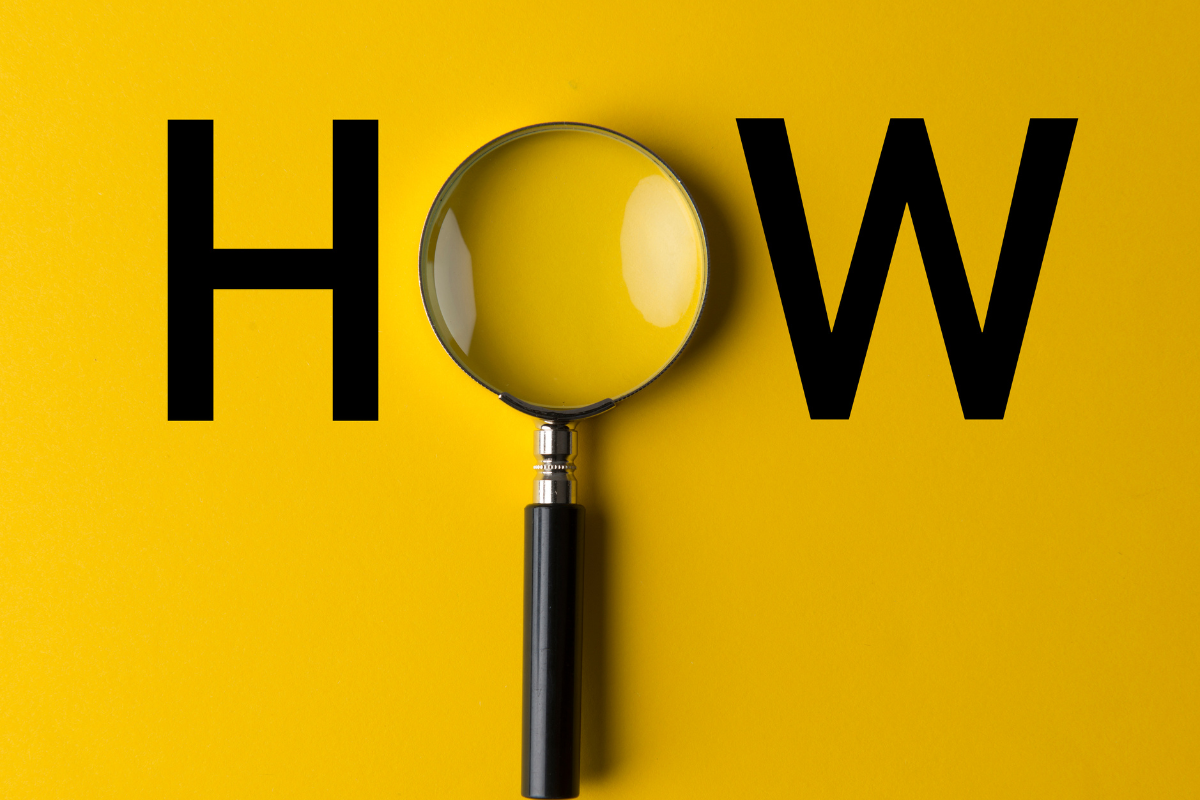11 things everyone should know about their super
Super is there to provide you with an income when you stop working and it may provide a tax-effective way to save for your retirement over the long-term.
What’s probably more interesting, is in time, your super may become one of your largest assets. We don’t often think about that, but it’s a good reason why you may want to pay closer attention to it.
Here are some things worth knowing or which may even interest you to investigate further.
- Who pays your super
Generally, your super savings will build up over the course of your working life, as money you earn is put into super by yourself, or by your employer under the super guarantee, if you’re eligible.
You can make additional voluntary contributions to your super to boost your retirement savings if you choose to. However, there are limits on the amount you can contribute each year and there are separate caps, depending on the types of contributions you’re making.
- Where your money’s invested
Any time money is deposited into your super, it’s invested on your behalf by the trustee of your super fund.
Investments can be made into property, shares, cash deposits and other assets depending on your default investment profile, or if you’ve made your own investment selections.
Most funds will allow you to choose from a range or mix of investment options and asset classes and choosing the most suitable option will typically come down to your attitude to risk and the time you have available to invest.
- How to see what your employer’s paying you
Super guarantee (or SG) contributions made by your employer, if you’re eligible, should be at least 10% of your ordinary (not overtime) earnings if you’re making $450 or more each month. Note, others may also be eligible.
Meanwhile, as these contributions may be the foundation of your future savings, it’s important to check they’re being paid correctly. You can do this by reviewing your payslips, checking your super statements, calling your super fund or logging into your online account to see what’s been put in.
Keep in mind, employer super contributions also only have to be paid into your fund four times a year (at a minimum), on dates set by the ATO, which means your super may be paid at different times to your employment income.
- Where to go if something doesn’t look right
If your employer hasn’t paid your super, speak to the person who handles the payroll at your work. If you’re not satisfied with what they tell you, you can lodge an unpaid super enquiry with the ATO.
- How your current super balance stacks up
In many cases you can check out your super balance online via your super fund’s website or the statements they send you.
Meanwhile, if you’re interested to know how your balance fares and what you might need each year in retirement, the Association of Superannuation Funds of Australia puts out a report each quarter.
If you’re curious to know how your super balance shapes up against others your age, check out the average super balances for employed people of different age groups across Australia.
- How to find your lost or unclaimed super
At last count, there was more than $13 billion in lost and unclaimed super waiting to be claimed across Australia.
That can happen when you set up a new super fund and forget to roll over what you accumulated in a previous one, or if you forget to update your details with your providers when you change them.
You can search for lost or unclaimed super by doing a super search with your current super fund or by logging into your MyGov account to find your super funds.
- What to look out for if you roll two funds into one
If you have more than one super account, there may be advantages to rolling your accounts into one, such as paying one set of fees and less paperwork.
If you do decide to consolidate, make sure you don’t risk losing features and benefits including life and other insurance that may be attached to the account you’re considering closing
- How to check your insurance if you have it
Most super funds let you pay for personal insurance out of the money in your super fund, but there are pros and cons worth weighing up.
For instance, insurance through super can often be cheaper than personal insurance bought outside super, but you may not get the same level of cover.
- How to make sure the right people get your money if you pass away
If you don’t nominate a beneficiary with your super fund, your super fund may decide who receives your super money when you pass away, regardless of what you have in your will.
There are generally two types of beneficiary nominations you can make, binding and non-binding.
If you make a binding nomination, your super fund is required to pay your benefit to the person or people you’ve nominated, as long as the nomination is valid when you pass away. Keep in mind, some binding nominations are lapsing and may only remain valid for three years.
If you make a non-binding nomination, your super fund will have the final say as to who receives your super benefits, but they will attempt to find all potential beneficiaries and decide who’s the most appropriate.
- What age you can withdraw your super
The government sets general rules around when you can access your super, which typically won’t be until you reach your preservation age (which will be between 55 and 60, depending on when you were born) and meet a condition of release, such as retirement.
At this time, you may choose to take the money as a lump sum, income stream, or even a bit of both.
Meanwhile, there may be some special circumstances where you may be able to withdraw your super early.
- When can you no longer contribute to super
Once you turn 75, generally you can no longer make voluntary contributions to your super, with some exceptions, which may include if you’re selling your home and making a downsizer contribution. Compulsory SG contributions made by your employer, if you’re still working, can still be paid.
Many people think of their super as an investment that takes care of itself, but the choices you make about your super today, could make a big difference to your quality of life later on.
Contact the team at ADR Wealth to discuss your superannuation needs.
Source: AMP





